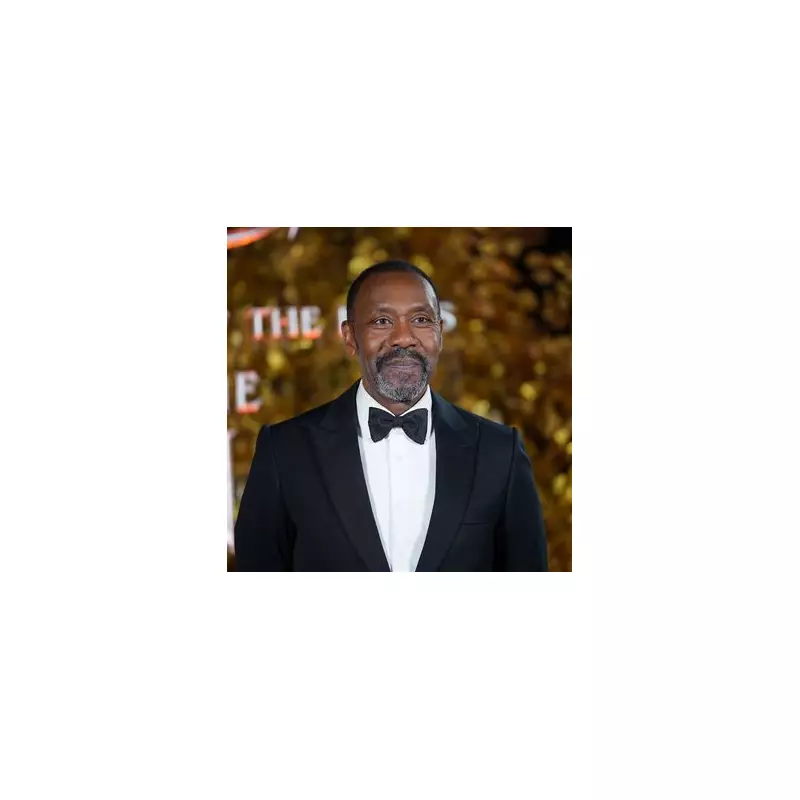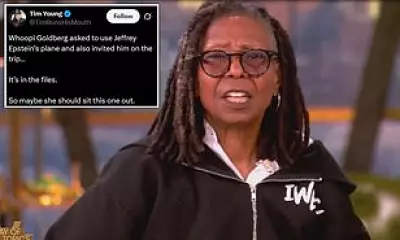
National treasure and comedy pioneer Sir Lenny Henry has launched a blistering attack on the UK television industry, accusing it of superficial 'box-ticking' and failing to deliver genuine, lasting diversity behind the camera.
The revered actor and writer, who has been a vocal campaigner for better representation for decades, stated that despite public promises and initiatives, the industry has gone 'back to sleep' on its commitments to Black, Asian, and Minority Ethnic (BAME) professionals.
The Illusion of Progress
Speaking with stark honesty, Sir Lenny dismantled the notion of significant progress. He revealed that numerous senior executives have privately confessed to him that their diversity schemes are little more than a performance designed to placate critics rather than a sincere effort to reform hiring practices.
'The doors are still closed,' he asserted, painting a picture of an industry where opportunities for talented diverse individuals remain scarce once the initial fervour of a new initiative dies down.
A Personal and Professional Battle
Henry's critique is born from a long and often frustrating personal journey within the industry. From his early days on New Faces to becoming a household name on Comic Relief and The Lord of the Rings, he has witnessed countless diversity drives come and go with little permanent effect.
His comments suggest a deep weariness with cyclical trends where the industry 'wakes up' after a major scandal or public pressure, only to revert to its old habits once the spotlight moves on.
The Call for Authentic Action
This isn't just criticism; it's a call to arms. Sir Lenny's powerful words serve as a urgent reminder that true diversity requires a fundamental overhaul of culture and power structures, not just short-term hiring quotas or token gestures.
He champions the need for decision-makers from diverse backgrounds who can greenlight projects and create sustainable pathways for the next generation of writers, directors, and producers, ensuring the industry doesn't need to be shamed into action every few years.





